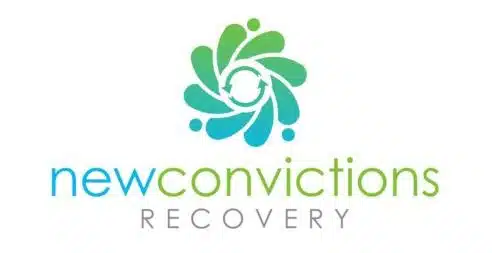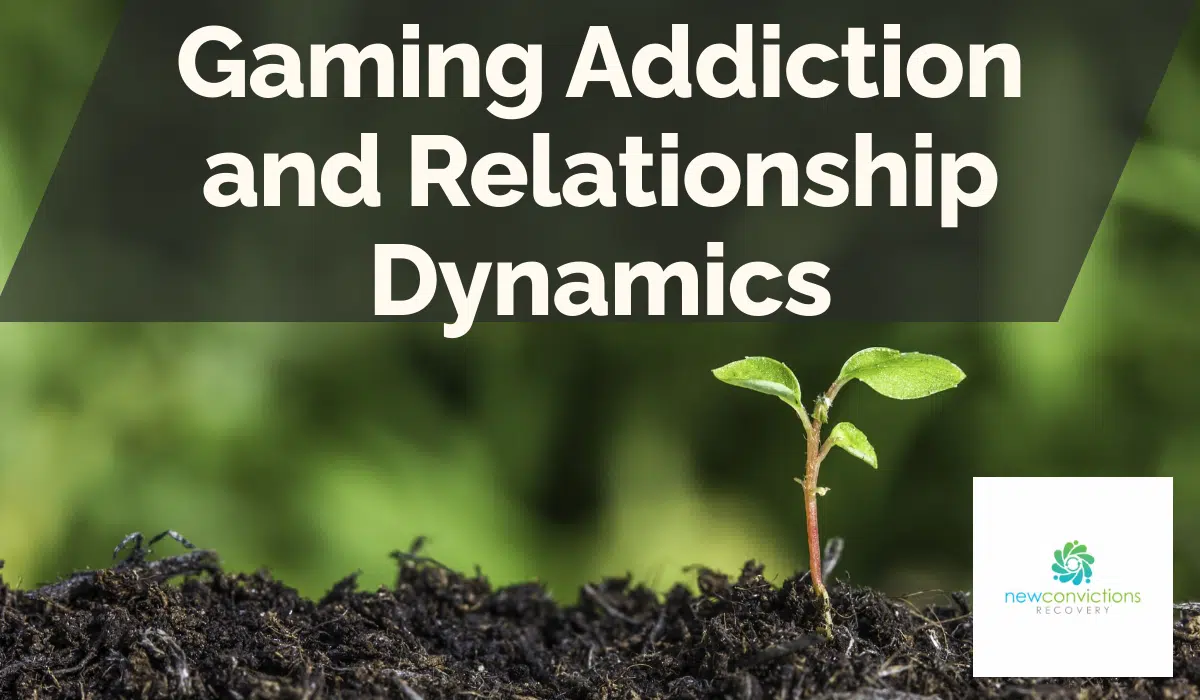Gaming addiction is an emerging global issue which affects various aspects of an individual’s life, including personal and romantic relationships. It is a complex but treatable condition that can be managed with the right help. This post will discuss how gaming addiction impacts relationship dynamics along with the potential benefits and outcomes of individual and family therapy.
The Impact of Gaming Addiction on Personal Relationships
When gaming becomes obsessive, it can encroach upon an individual’s social life, affecting interpersonal relationships. Excessive gaming can lead to social isolation, where the person prefers the virtual world over real-life interactions. It can also impede on the time and effort invested in nurturing relationships, creating rifts due to neglect, misunderstandings, and dissatisfaction in family members or partners.
Effect on Romantic Relationships
For romantic relationships, gaming addiction can often leave one partner feeling sidelined, ignored or unimportant. Excessive involvement in gaming not only minimizes quality time spent with the partner but can influence other areas of the relationship such as shared interests, intimacy, and conflict resolution, thereby causing emotional distress and strain.
Consequences of Gaming Addiction
Gaming addiction not only affects the individual player’s mental and physical health but also inflicts emotional distress on the people around them. This could range from feelings of envy and neglect to a lack of communication and understanding. People living with a gaming addict might struggle to establish boundaries or raise concerns due to the fear of upsetting the addicted person, leading to further dysfunctional dynamics within the relationship.
Role of Therapy in Managing Gaming Addiction
Therapy can be an effective tool in battling gaming addiction and restoring damaged relationships. It provides a safe space to discuss problems, identify triggers, and develop a recovery strategy.
Individual Counseling
Individual counseling can empower the addicted person to take control of their gaming habits by fostering self-awareness, self-regulation, and behavioral change. It also gives them the opportunity to address any underlying issues, like stress or depression, that may have contributed to their addiction.
Family Therapy
Family therapy, on the other hand, can play an integral role in healing the relationships affected by gaming addiction. It supports family members or partners in understanding the nature of addiction and how to respond without enabling the addictive behavior. It can also help foster communication, improve emotional understanding, and ultimately, mend the relationship ties affected by the individual’s gaming addiction.
Conclusion
Gaming addiction is a complex issue that can strain personal and romantic relationships. It calls for understanding, communication, and professional help. With individual counseling and family therapy, it’s possible to overcome gaming addiction and restore the harmony within relationships that have been impacted. The first step, however, is acknowledging the problem. Only then can healing truly begin.

